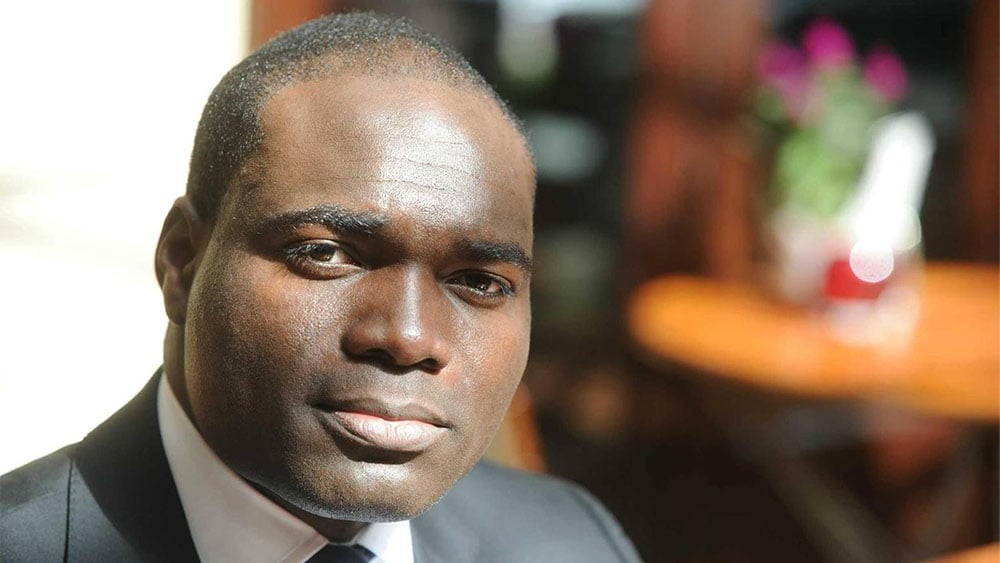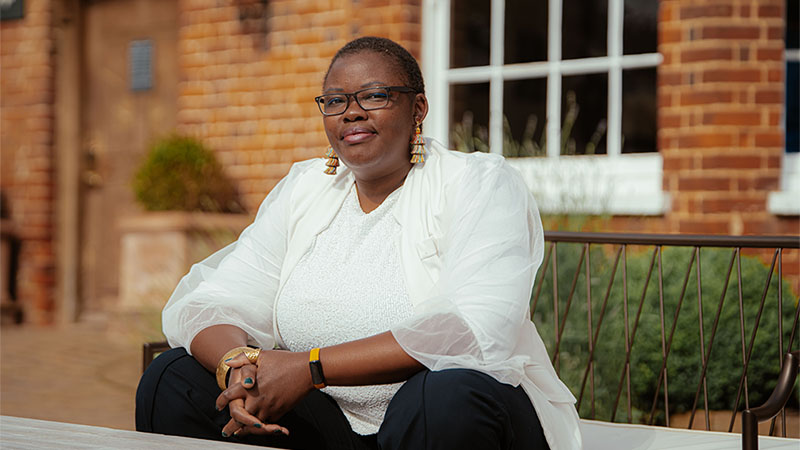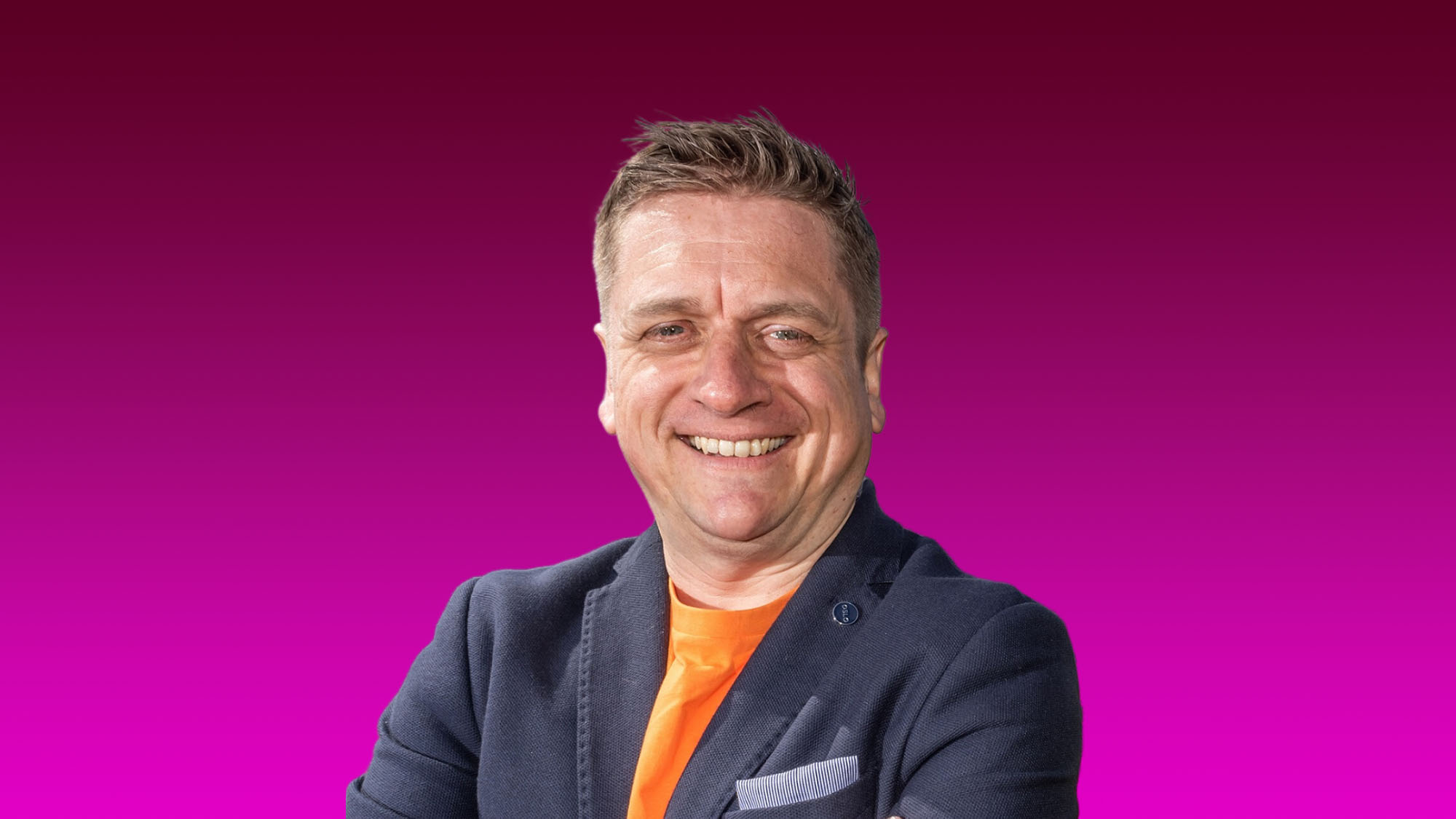AMA Frazer Thompson Chapel Down Founder | Vestd
Believe it or not, the South East of England is the UK's sunniest region, and it produces some of the finest wines in the world.
Manage your equity and shareholders
Share schemes & options
Equity management
Migrate to Vestd
Company valuations
Fundraising
Launch funds, evalute deals & invest
Special Purpose Vehicles (SPV)
Manage your portfolio
Model future scenarios
Powerful tools and five-star support
Employee share schemes
Predictable pricing and no hidden charges
For startups
For scaleups & SMEs
For larger companies
Ideas, insight and tools to help you grow

Dayo Abinusawa, the founder and director of Awa Business School, tells us the inspiring story behind his business’ name, the challenges faced on the road to success, and why education empowers current and future generations.
In 2016, learners only had a few options to complete high-quality online courses. I was an academic at the time and many of my students valued attending lessons in person but felt it would be beneficial to learn online.
The school I was teaching at the time, as well as many other higher education institutions, didn’t quite welcome the idea of online learning.
So in 2018, I set up Awa Business School to deliver high-quality higher education courses online. It wasn’t until COVID hit in 2020 that online delivery became mandatory for schools across the UK and many countries worldwide.
Setting up a university is no small feat. We applied to the higher education regulatory authority for university accreditation but faced two key challenges:
One, we were new, and two, an online university with regulatory oversight by the Department for Education (DFE)’s university regulatory arm was perceived as a black swan. Our application for university accreditation was denied.
I later heard that the UK higher education regulatory authority was “not trusted by and does not have the confidence of many of the providers it regulates. But it has arguably not acted in the real interests of students either”.
It was also seen to have “a lack of independence from government”; even though it was set up as an independent body.
Denying our university accreditation application meant we had to pivot to offer government-recognised qualifications. We decided to focus on higher education programme delivery at Levels 4 (Certificate) and 5 (Diploma), instead of Level 6+, which equates to a degree and upwards.
We received accreditation in 2020, and now offer qualifications at Levels 3 (e.g. A level), 4 (equivalent to the first year of an undergraduate degree), and 5 (equivalent to the second year of an undergraduate degree). We’ve also developed an app to accelerate skills development by bringing high-quality education to anyone, wherever they might be.
We have a multifunctional team, which includes instructors with PhDs and/or deep industrial experience, to administrators with higher education, finance, and management experience.
We’ve focused on growing our school organically and building our brand. Some of our processes are automated and as new technologies mature, we will be integrating these into our delivery.
I’ve allocated personal funds to developing capabilities for our next growth phase, and have been approached by some private investors, who have offered finance without technical capability.
External investment could help accelerate our growth, and I’m open to it, particularly if there is a clear fit between investors’ goals and ours.
For instance, our mission is directly linked to the United Nations Sustainable Development Goal (SDG) 4, which is to “ensure inclusive and equitable quality education and promote lifelong learning opportunities for all”. I prefer to work with investors who in addition to generating a financial return on investment (ROI), have an impact focus on education.
The applied learning metric. I’ve always believed in the application of knowledge.
It is important for us as a school to know that learners can apply whatever they’ve learned at work or in their personal lives.
For example, can the learning lead to increased sales or improved customer satisfaction? If our courses can add value for learners, our school will no doubt be successful in continually delivering on its goals and objectives.
Yes, I offered stock options to reward our first hire. To deliver our next growth phase, we are also incentivising and rewarding employees to ensure more alignment with our goals and objectives.
My great-great-great-grandfather designed a shield (which means Awa in Yoruba) to protect a community from enemies who attacked innocent people with arrows. The creation of the shield led to the saving of many lives and the defeat of the enemy.
He was recognised as a hero for his innovation, and hailed as ‘the man who got angry to make a shield’; translated as Abinusawa, in Yoruba. That’s how I got my last name.
In setting up a school, I thought about my own education journey and teaching experiences, and I’ve seen how education can empower, enlighten, protect, and shield future generations.
Hence, I choose Awa as the name of the school, to represent a place where you can be empowered to shield your future through education.
My dream dinner party line-up would be Richard Branson, Barack Obama, Michelle Obama, Denzel Washington, Viola Davis, Keanu Reeves, and Oprah Winfrey. They’re remarkable individuals who have done remarkable things.
The Nat King Cole Story album by Nat King Cole.

Believe it or not, the South East of England is the UK's sunniest region, and it produces some of the finest wines in the world.

Meet Beatrice N. Kabutakapua, founder of the Business Storytelling Centre, a business coaching firm helping leaders amplify unheard voices. ...

Joining Ifty Nasir on the latest episode of FounderMetrics is Simon Paine, the trailblazer behind the Rebel Business School.